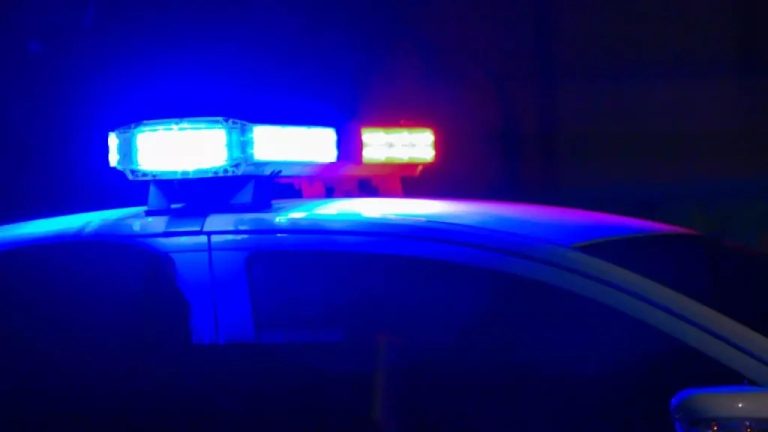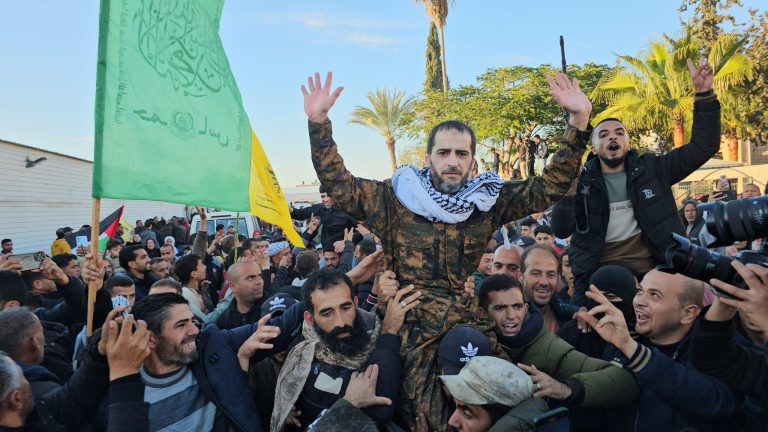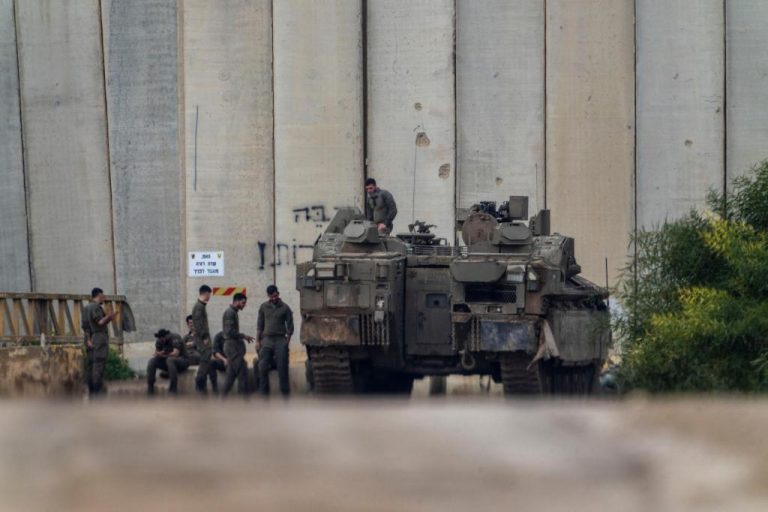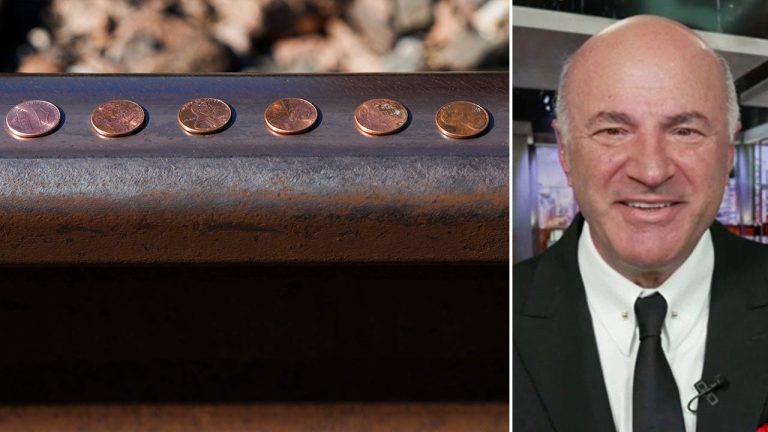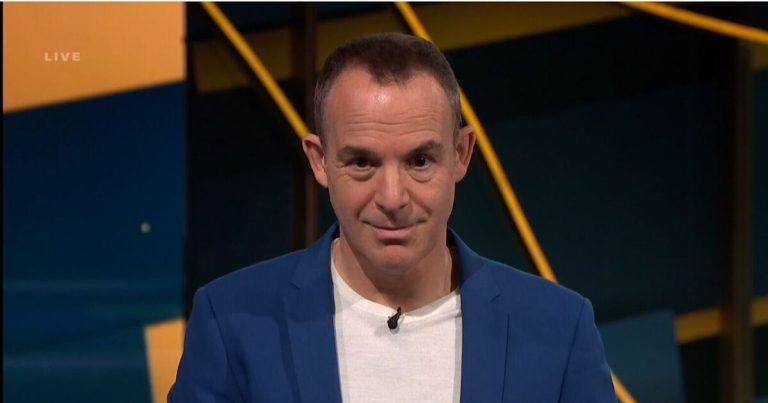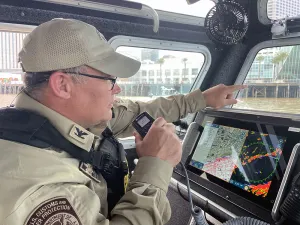
On Super Bowl Sunday, it was Mark Spruill’s time to shine.
“We coordinated and worked well with our teammates,” Spruill said. “We are a specialty team with unique skills, expertise and training that is capable of integrating and working with all of our partners. We came ready to play defense and ready to work with all of our partners.”
But he wasn’t on a punt team, or kickoff return, or any kind of special “dime” or “nickel” package like the Philadelphia Eagles or Kansas City Chiefs had. His role was as a vessel commander aboard one of U.S. Customs and Border Protection’s Air and Marine Operations’ 38-foot, All-Weather Interceptor – boats patrolling the Mississippi River shoreline near the stadium in New Orleans during Super Bowl LIX.
“We were out there to protect the American public, identifying, deterring and detecting,” any issues there at the game, said the veteran marine interdiction agent. He added that what they did on Sunday and the week leading up to the big game was very similar to their day-to-day border security mission. “The mission doesn’t change. We are the federal maritime and law enforcement police force. We’re the agents on the water. We train for these types of events. This is in our wheelhouse, and this is our specialty.”
Spruill was just one of about a hundred Border Patrol agents, CBP officers, Air and Marine Operations agents – on the water and in the sky – as well as intellectual property rights experts and people trained to spot human trafficking. Leading this diverse group of specialties was Steven Stavinoha, CBP’s director at the New Orleans Field Office and the lead field coordinator for CBP at Super Bowl LIX.
“We have a very large, specialized workforce afforded specialized equipment that normal state, local and even many federal agencies don’t have,” he said. “There are things we bring to the fight that other agencies don’t have or can’t acquire. And we do this every day.”
Stavinoha pointed out that while the majority of CBP’s activities during the Super Bowl were conducted in the week before the big game – hundreds of X-ray examinations of the food, drink and merchandise trucks that entered the venue area; dozens of sorties flown in conjunction with security forces on the ground; numerous patrols on the Mississippi River; and thousands of merchandise items examined – this wasn’t an operation that came together in the same short amount of time. He sent some of his top lieutenants to observe operations at last year’s Super Bowl in Las Vegas and has spent the past 12 months making preparations for their own time to shine under America’s brightest spotlight.
“So they kind of shadowed them to get an idea of what goes on in that venue,” he said. But he pointed out New Orleans has its own unique characteristics, something he’s mindful of even when the NFL’s biggest game is not in town. “There are some things that made this Super Bowl unique,” including a high-level of scrutiny since the Jan. 1 terrorist attack.
“We were prepared to adjust to any additional requests for support on any additional potential threats,” Stavinoha said. “We were very fluid and able to react well.”
One of the first lines of defense for CBP at the Super Bowl was its X-ray capabilities. Trucks equipped with large arms that pass over a truck and trailer scanned the hundreds of vehicles coming in that carried the food, drinks, merchandise and even the Lombardi Trophy itself, looking for anything that was not supposed to enter the stadium area.
“We screened for any anomalies – weapons, potential explosive devices – that could have entered into the safe space around the Superdome,” said Supervisory CBP Officer David Smith, who ran CBP’s nonintrusive inspection systems – the X-ray trucks that “looked” inside the walls of the vehicles and trailers bringing the items in, seeing if anything was out of place – at the Super Bowl. “The operators [of the X-ray equipment] reviewed each truck one-by-one, looking for any issues that they detect.”
While helped by high-tech hardware and software in these systems, Smith said it really comes down to the skill level of the operators who do the same thing for the thousands of cargo containers that arrive at the Port of New Orleans every day.
“The people we had out here doing this were all people who use these machines on an almost daily basis,” he said. “They are highly skilled in looking and analyzing and using the equipment, even able to troubleshoot if something wasn’t working exactly right to make sure that we get good scans so they can make the best judgments on everything they’re examining.”
The process takes maybe just a minute or so to conduct the scan and examine the results, allowing cargo to move quickly through the system. Smith said they do this – whether it’s for a high-profile event or just processing the latest cargo coming from outside of the U.S. – for two simple reasons: To keep from inhibiting the flow of trade and to secure the American public’s safety.
“When we’re doing the work at the port, we want to work efficiently with the partners who operate the port and move the cargo,” as well as stopping dangerous items, such as drugs and bombs, from entering the country he said. “At the Super Bowl, we wanted to make sure everyone who was in attendance – whether there working or as a fan – had a safe experience.”
Another important aspect that enhanced the overall security of the public at the game is the Border Patrol special operations package that helped patrol the area around the stadium and beyond. A Border Patrol Tactical Unit and Border Patrol Search, Trauma, and Rescue Unit, accomplished and adept specialty units able to rapidly respond at any critical juncture, deployed to New Orleans to support local, state and federal law enforcement assets.
“Our main mission was the safety and security of the public in the form of a quick reaction force,” said Special Operations Supervisor Bryan Grew, a veteran Border Patrol agent and tactical unit member who was the team lead at Super Bowl LIX.
These teams provided additional security and safety response in the forms of highly trained special operations personnel and emergency medical technicians who stood ready to react or deploy in a moment of need. Border Patrol also sent intelligence units and counter drone technology who kept a watchful eye on the sky, ready to thwart any illicit activity that presented itself – all in concert with other CBP assets and other local, state and federal law enforcement partners.
“All of these assets work symbiotically together in real-time,” Grew said. “It takes an extreme amount of coordination.”
He said these are the types of situations they practice for every day – and sometimes have to respond to in their mission every day, enforcing this nation’s border security.
“We train with [Air and Marine Operations] for a lot for missions at the border as well as throughout the entire United States in both air and sea operations,” Grew said. “We were trained up and ready to go to face anything that New Orleans needed from us.”
While fans want souvenirs from the game – jerseys, t-shirts, footballs and a wide variety of other merchandise – too many times they get duped and buy something that is not an authentic authorized piece. To help prevent this theft from the legitimate retailers, CBP has a team of intellectual property rights specialists whose job it is to make sure what is sold is the real McCoy.
“We look at labels, packaging and content – sometimes simple things like colors not matching genuine merchandise, quality of the stitching, irregularities in the lining, and NFL holograms being faked,” said CBP Officer Melinda Tonglet, who led a team of these specialists, watching merchandise being shipped in for the Super Bowl and being sold by a myriad of vendors – some authorized, some not – in the area. She added it takes a sharp, trained eye to recognize the difference.
“We have many training sessions throughout the year, partnering with the NFL,” Tonglet said. “They educate us on what to look for,” as well as relying on CBP’s Intellectual Property Rights Center of Excellence for more expertise.
Tonglet said while buying a knockoff jersey or t-shirt doesn’t seem like a big deal on the surface, those fake items can have safety issues for the consumers, and it’s stealing from the legitimate companies that work hard and pay their taxes, as well as stealing from consumers who pay for legitimate merchandise.
“These bad actors try to come and take advantage of a large sports event, and they’re going to steal profits away from our small businesses that are doing things the correct way – paying their taxes, paying for their licenses, and that’s not fair,” Tonglet said, hitting one of CBP’s vital mission statements of ensuring fair trade.
She pointed to a recent campaign by CBP that netted more than 180,000 sports-related items worth $22.7 million. Operation Team Player, run from February 2022 to February 2023, cracked down on the illegal importation of these sports items. And the massive profits from this illegal activity fund more serious threats such as drug making and smuggling, human trafficking, and even terrorist organizations.
“These products are made with little concern for quality and safety, and often criminals will use the profits from counterfeit goods to fuel other organized crime,” Tonglet said. “These counterfeiters who operate outside the U.S. are not accountable to human rights and environmental regulations, nor do they adhere to child labor or anti-sweat shop laws, or restrictive substance laws. This puts workers, consumers and the environment at risk.”
She added it’s something CBP in New Orleans – and throughout the world – does every day.
Stavinoha said they were able to provide security support for the game, while still doing all the things CBP in New Orleans does on the not-so-Super Mondays, Tuesdays and every other day of the week.
“We didn’t stop operations. Vessels still came in along the Gulf coast. International flights still came in. So, for us, Sunday – and in fact, the entire week leading up to the Super Bowl – was business as usual,” he said.
Stavinoha emphasized his pride for his team of professionals who did their jobs, as they do every day for the country, reiterating CBP’s unique capabilities and long list of its own “special teams” – X-ray truck operators, helicopter crews, boat crews, Border Patrol agents, and intellectual property rights specialists – all able to do all the things to ensure a victory.
“As one of the largest federal law enforcement agencies, we have a role at the border, but at the same time, we are able to support these special events based on our assets, our training, to ensure that these events are safe for everyone,” he said. “Economic security is national security, and national security is our priority.”
For Spruill, Sunday’s Super Bowl was just about like any other day at work: Being a part of a special team of professionals charged with protecting the American people, safeguarding the nation’s borders, and enhancing the U.S.’s economic prosperity.
“Every day is game day. We are out there; that is us in the game, performing and doing our mission,” he said, adding he hopes the country will continue to pull for his CBP team, just like fans do for their sports heroes. “Cheer us on as well as your favorite team.”









